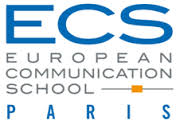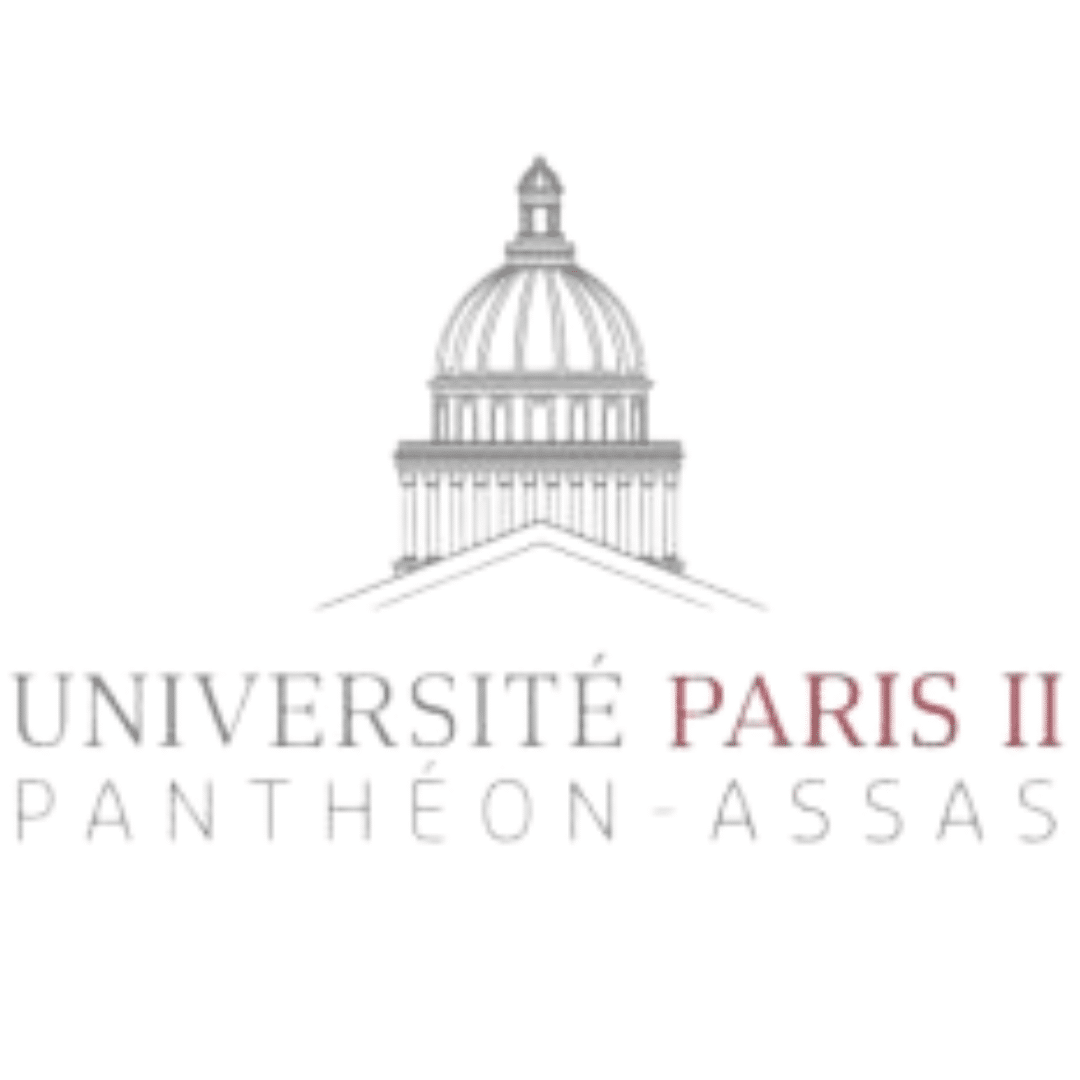The Communication Institute of Greece is a non-profit organisation, established to promote research, education and to facilitate communication among academics and communication professionals all around the world. It was established in 2003 in Greece as an independent association of academics, researchers and professionals. Its mission is to create a forum of academics, researchers and professionals who can meet, contribute and exchange experiences and ideas about the development of their discipline.
The IoC members, among others, are the following Universities:
- Aristotle University of Thessaloniki
- National and Kapodistrian University of Athens
- Athens University of Economics and Business
- Panteion University of Social and Political Sciences
- American College of Greece, DEREE
Maria Kantza

Elena Tsilika

Click here to see their Academic profile on AdForum




 Virginie Pez holds a PhD from the University of Paris-Dauphine (2010). After a professional experience in a consulting firm, she joined the University Panthéon-Assas as Associate Professor in 2013, as well as later, the Ecole Polytechnique in 2018. Her research focuses on consumer behavior and customer experience, particularly in relation to digital, new technologies and data. She is the author of several academic and professional publications in these areas.
Virginie Pez holds a PhD from the University of Paris-Dauphine (2010). After a professional experience in a consulting firm, she joined the University Panthéon-Assas as Associate Professor in 2013, as well as later, the Ecole Polytechnique in 2018. Her research focuses on consumer behavior and customer experience, particularly in relation to digital, new technologies and data. She is the author of several academic and professional publications in these areas.